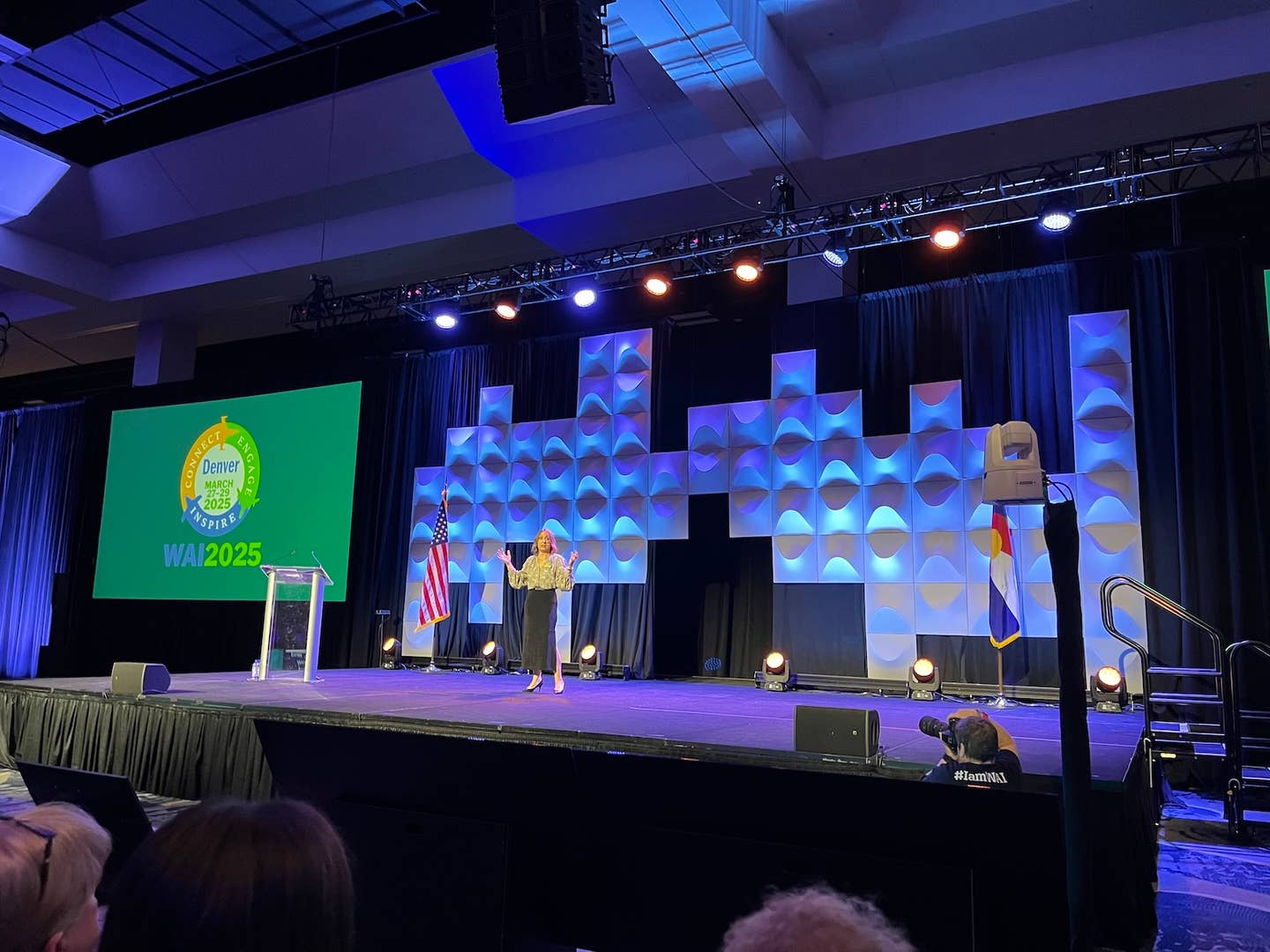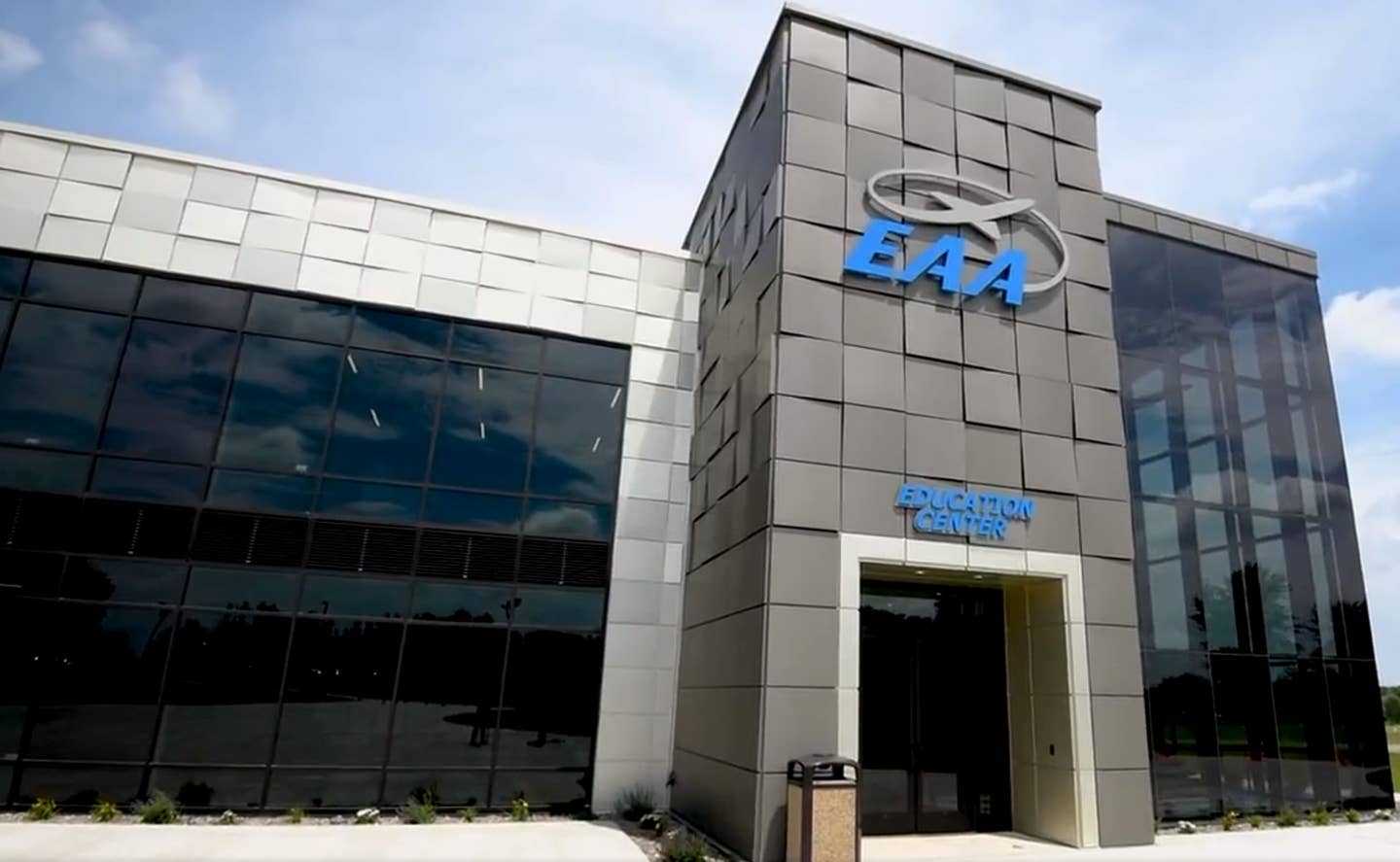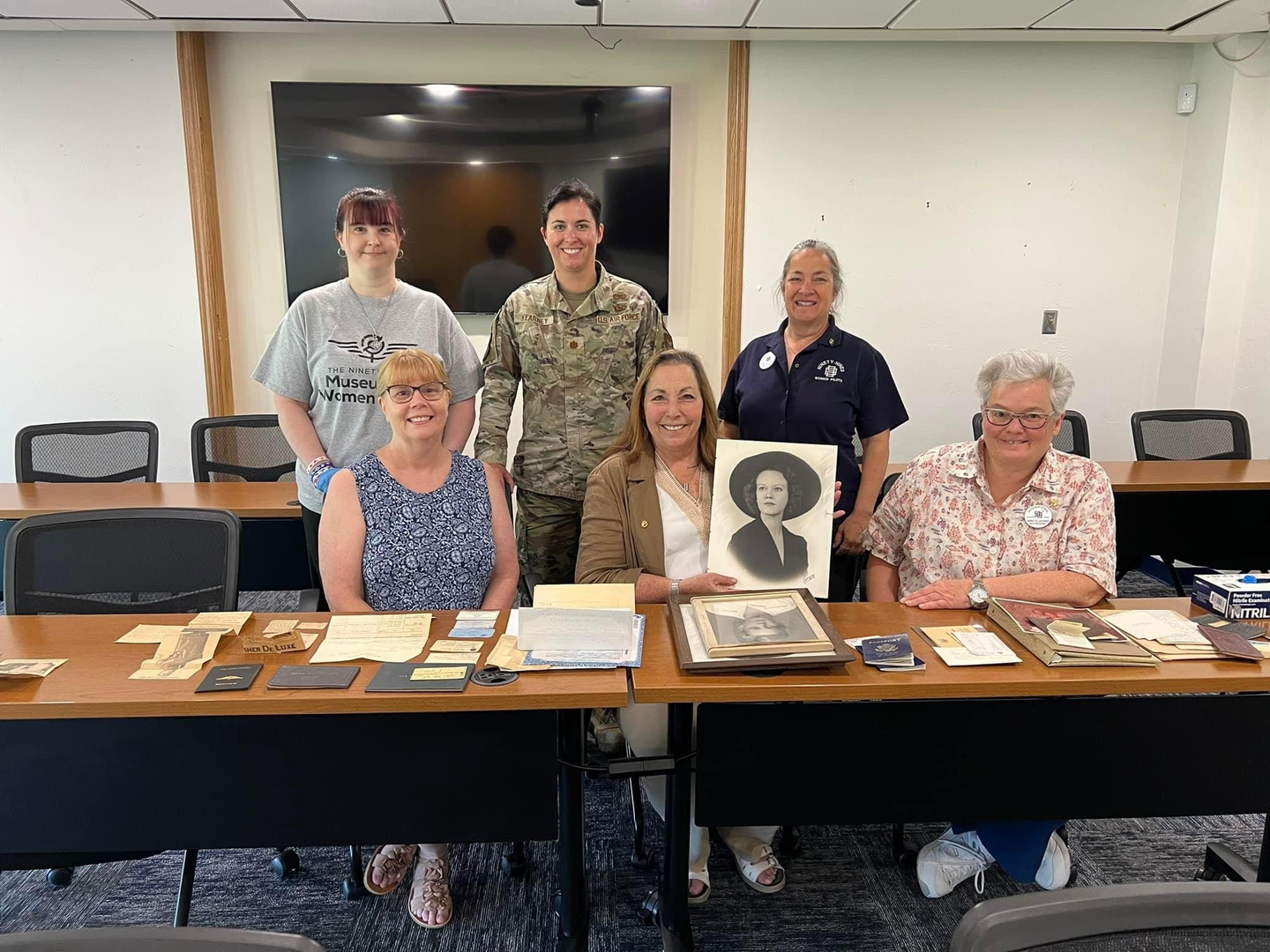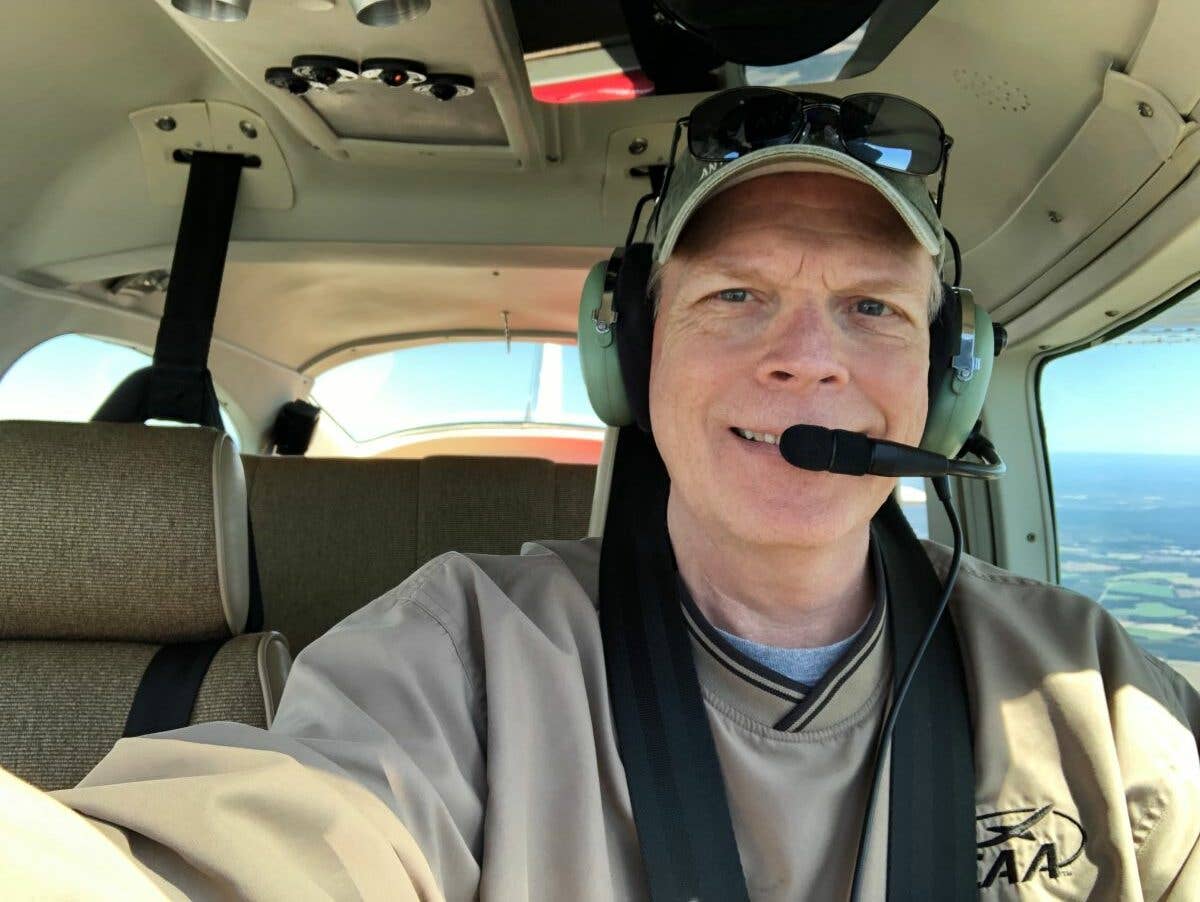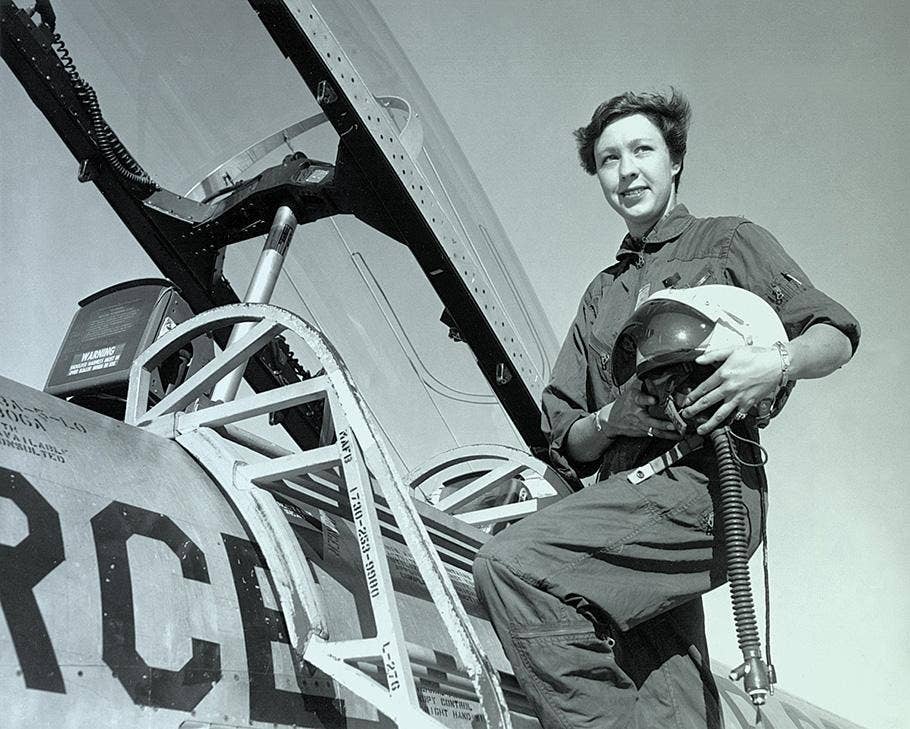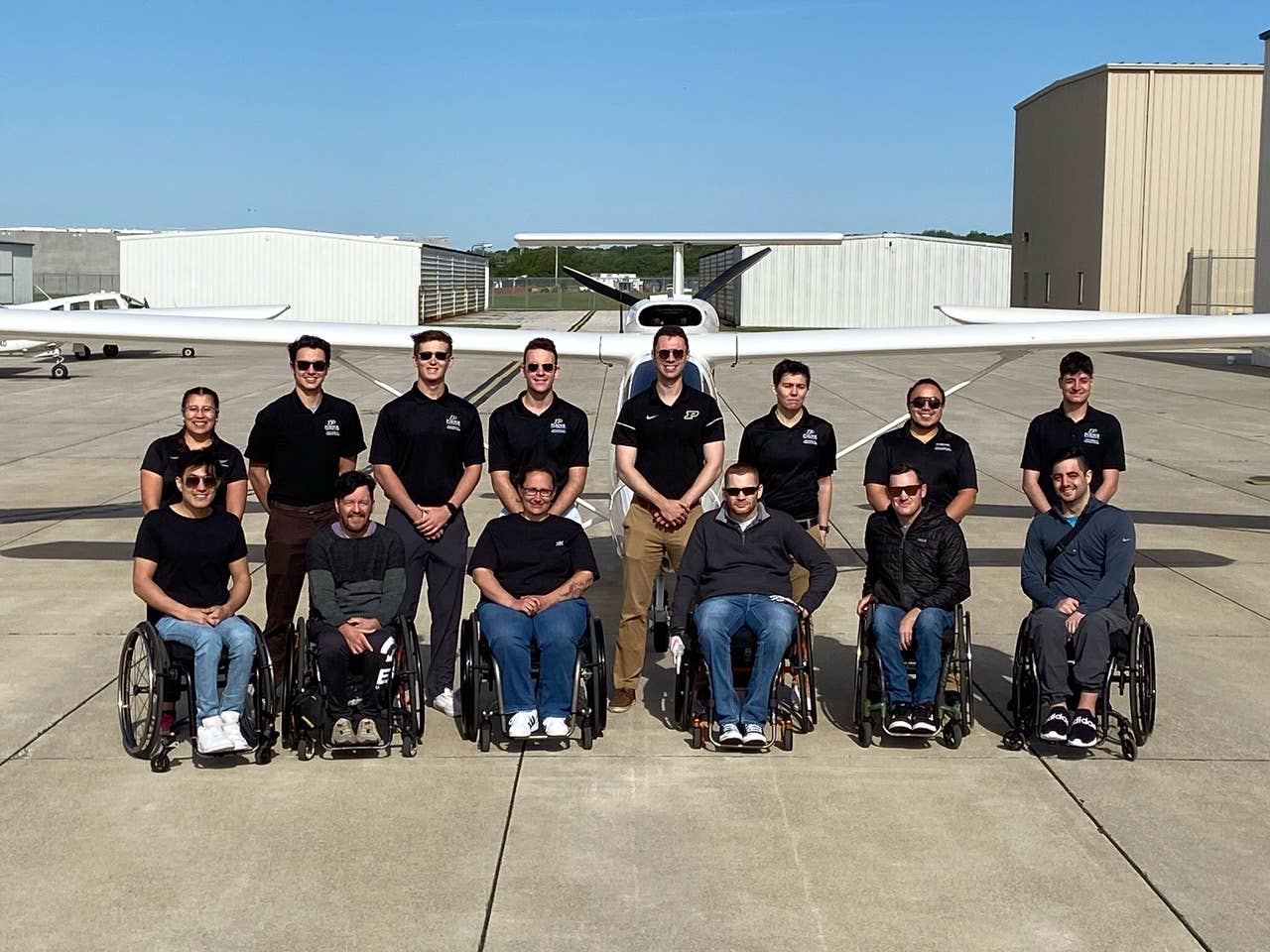
Nathaniel Miller, with Able Flight graduates, class of 2022. [Courtesy: ableflight.org]
Disability is something that pilots always have in the back of their minds, because becoming disabled could mean losing their third-class medical certificate. It is a frequent topic for discussion at my Experimental Aircraft Association chapter every month.
I mentioned this to another pilot at this year’s EAA AirVenture. Rather than thinking of how to appeal a medical denial, he just said, "If you ever have a problem getting your third-class medical, you could always fly gliders. You don't need a medical for that."
I know he was trying to be helpful, but that wouldn't work for me because I like powered flight—I love my Ercoupe, and I can't wait to fly The Impossible Airplane!
The uncertainty of how their disability will affect their freedom of flight is an everyday reality for pilots with disabilities. That is why I am so grateful for Able Flight and their work.
As stated on Able Flight's website:
"Able Flight's mission is to offer people with disabilities a unique way to challenge themselves through flight and aviation career training, and by doing so, they gain greater self-confidence and self-reliance. Able Flight was created by pilots who believe that the life-changing experience of learning to fly is best shared; and so they designed the Able Flight Scholarships to enable people with disabilities to pursue that experience."
Every year at AirVenture I make an effort to attend the Able Flight wings-pinning ceremony. That’s not just because I’m an Able Flight graduate, but also because I greatly respect those who graduate from the program every summer.
Wheelchair Rugby Player Earns His Wings
I had the privilege of interviewing someone in 2019 who, at that time, was an aspiring pilot-to-be. I was able to watch his wings-pinning this past summer.
Nathaniel Miller of Arizona graduated from the University of Arizona with a degree in architecture and is working on becoming a licensed architect. He developed quadriplegia following a diving accident. More recently, Nathaniel has competed in wheelchair rugby at the national level. What an accomplished, inspiring person he is!
I want to share a few things he told me, and you will catch a glimpse of his incredible spirit. Below are two questions I asked him, followed by his responses:
What challenges did you face in your journey to earn your wings?
"The first and most prohibitive difficulty in learning to fly is the cost—while having a disability and having Social Security disability as an only income.
As far as flying goes, all the operations that require fine motor skills of the hands are the most challenging for me. Especially when it came time to calculate ground speed—you have one hand on the yoke and the other on the rudder lever, that doesn't leave much to fumble with paper, pen, calculator, flight log, etc.
The parking brake on two of the aircraft was literally impossible for me to operate with one hand, as a cylindrical knob that you had to pull and twist simultaneously. Impaired hands made that an issue. I could only operate it without being strapped in and with completely dry (non-sweaty) hands. Other adaptations are certainly possible that would make such things a non-issue."
What does it mean to you to be pilot-in-command?
"Being PIC is a kind of freedom for a person with significant physical impairment. This is hard to explain. When one needs a wheelchair to get around, you find the world filled with innumerable barriers. Impassable barriers that could literally prevent you from going somewhere, say, meeting with friends, for example.
Having the capability to fly an airplane is a release from hundreds of thousands of barriers found on the ground that are encountered all day, every day. There's also a release from social stigma. No other pilots in the air, no air traffic controllers have any clue you use a wheelchair, or have some other impairment. And you're finally treated just like anyone else.
But more than all that, the accomplishment of achieving this lifelong goal (for some), is a reaffirmation of your willpower and your resolve, in the face of a brand new set of obstacles."
Thank you, Nathaniel, for your example of perseverance and excellence. Keep flying high!

Sign-up for newsletters & special offers!
Get the latest FLYING stories & special offers delivered directly to your inbox

